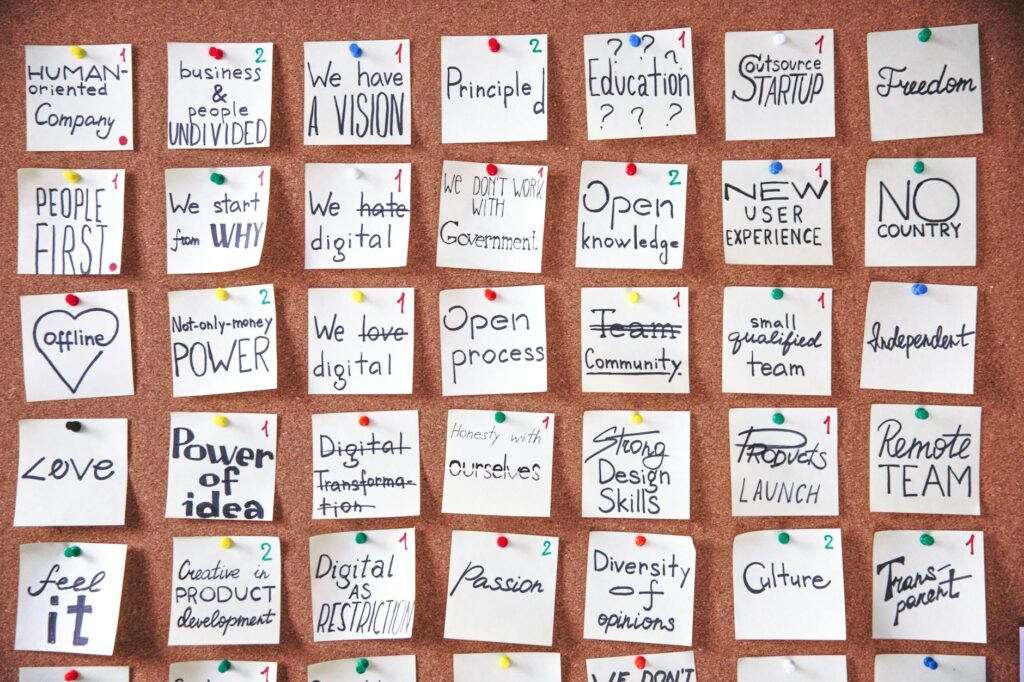What is framework development?

What is framework development?
Framework development is a vital concept in the realm of software engineering and project management. It’s the backbone that supports the design and implementation of various applications and systems. Understanding framework development can be a game-changer for individuals and teams looking to enhance efficiency, consistency, and productivity.
Introduction to Framework Development
Framework development serves as a structured approach to managing complex projects and applications. By providing a foundation, frameworks streamline processes and allow teams to focus on higher-level tasks. Whether developing software applications or managing projects, frameworks simplify the work process, ensuring that teams can deliver quality results in less time.
Understanding Framework Development
Definition and Purpose
At its core, framework development refers to the creation of a foundational structure that guides the design and implementation of software applications or project management practices. It encompasses a set of tools, libraries, and best practices designed to reduce redundancy and increase productivity. A well-structured framework enables developers to build applications efficiently, making it easier to maintain and scale over time.
Frameworks act like blueprints. Just as a builder follows a blueprint to construct a house, developers use frameworks to construct software applications. This structured approach saves time and ensures that essential elements are not overlooked.

Photo by Polina Zimmerman
Types of Frameworks
Frameworks can be categorized into various types, each serving a specific purpose:
-
Software Frameworks: These frameworks provide a foundation for developing software applications. Examples include web frameworks like Django and Ruby on Rails, which help developers create robust web applications quickly. For a deeper dive into what software frameworks are, check out this guide.
-
Project Management Frameworks: These frameworks outline how projects should be managed and executed. They include methodologies like Agile, Scrum, and Waterfall, each offering unique approaches to project management. For insights into the significance of frameworks in programming, explore this article on the importance of frameworks.
Benefits of Framework Development
Increased Efficiency and Productivity
One of the most significant advantages of adopting framework development practices is the boost in efficiency and productivity. By utilizing pre-defined structures, teams can focus on solving problems rather than reinventing the wheel. This leads to faster project delivery and reduced chances of error. Imagine having a toolkit ready that contains all the tools you need for a job; this is what frameworks do for developers and project managers.
Consistency and Standardization
Using a framework fosters consistency and standardization across teams. When everyone follows the same guidelines and practices, it creates a cohesive work environment. This uniformity helps in understanding project requirements and expectations, reducing the chances of miscommunication. As a result, projects run smoother, and teams can collaborate more effectively.
Implementing Framework Development Strategies
Choosing the Right Framework
Selecting the appropriate framework for a project is crucial. Factors to consider include the project’s scope, team experience, and specific requirements. A framework that’s too complex may hinder productivity, while one that lacks necessary features might limit project potential. Take time to evaluate various frameworks and how they align with your project’s goals.
Best Practices for Framework Integration
Successfully integrating a framework into existing workflows requires strategic planning:
-
Train the Team: Ensure that everyone understands how to use the framework effectively. Training sessions can help familiarize team members with new tools and processes.
-
Start Small: Test the framework on a smaller project before fully integrating it into larger initiatives. This allows for adjustments and improvements based on real-world usage.
-
Gather Feedback: Encourage team members to provide feedback about the framework’s effectiveness. Continuous improvement is key to successful framework development.
-
Document Processes: Keep a record of practices and processes associated with the framework. This will serve as a reference for future projects and help onboard new team members.
Conclusion
In conclusion, framework development is a powerful tool that enhances productivity, consistency, and overall project success. By understanding and implementing frameworks, you can streamline processes, allowing your team to focus on delivering high-quality results. As you explore options for framework development in your work, remember to assess your needs, choose the right framework, and integrate it effectively into your workflow. This strategic approach can lead to a more organized and efficient work life, ultimately contributing to your personal and professional growth.